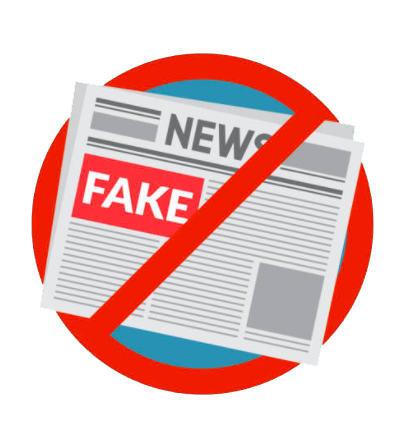These are historic times, with life as we know it in a state of flux. It is important that people keep abreast of all developments so that they can adhere to lockdown restrictions and keep themselves safe – but to do this, they need to know the difference between real and fake news.
Fake news is based on information that is not correct. It is often created by individuals who want to spread fear and panic, or by people who believe in theories that are not based on any scientific fact.
The Department of Health’s (DoH) SA Coronavirus website www.sacoronavirus.co.za describes three types of fake news:
- Disinformation: Information that is false and deliberately created to harm a person, social group, organisation or country.
- Misinformation: Information that is false but not created to cause harm or mislead readers.
- Mal-information: Deliberate publication of private information for personal or private interest, as well as the deliberate manipulation of genuine content.
Fake news can take the form of WhatsApp messages, social media videos or articles on fake news websites. In South Africa, we have seen a rise in the amount of fake news being spread about COVID-19. This has the potential to hamper government’s efforts to slow the spread of infection. 
Identify fake news
The DoH advises that when you receive information about COVID-19, you verify the source of the information.
If you are able to access the internet, then you should immediately research the information. You should quickly be able to find out whether it is true.
In general, you should not trust any information that comes from an ‘anonymous source’. Make sure that you find out if something is factual before sharing it or you could cause unnecessary panic and even get into trouble with the police.
You should not rely on social media and WhatsApp messages for reliable news and advice on COVID-19. Limit yourself to getting information from reliable sources, such as the World Health Organisation and the DoH. This information is based on scientific fact and intense research into COVID-19.
Government has set up a coronavirus hotline and a WhatsApp portal where you can ask any questions you may have about COVID-19 information. Call 0800 029 999 or send the word ‘Hi’ to 0600 123 456 on WhatsApp.



 Facebook
Facebook Twitter
Twitter WhatsApp
WhatsApp